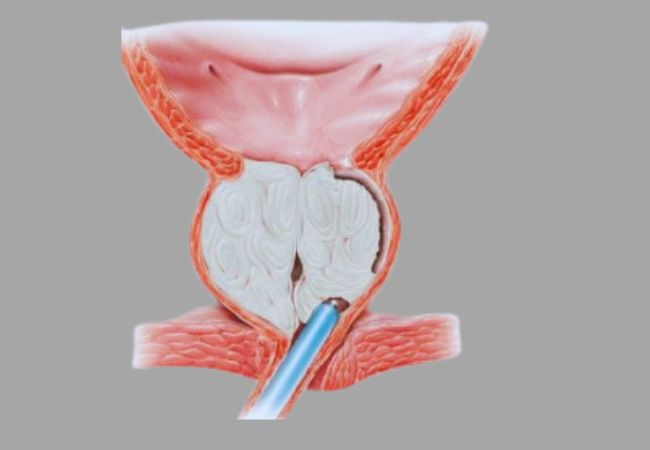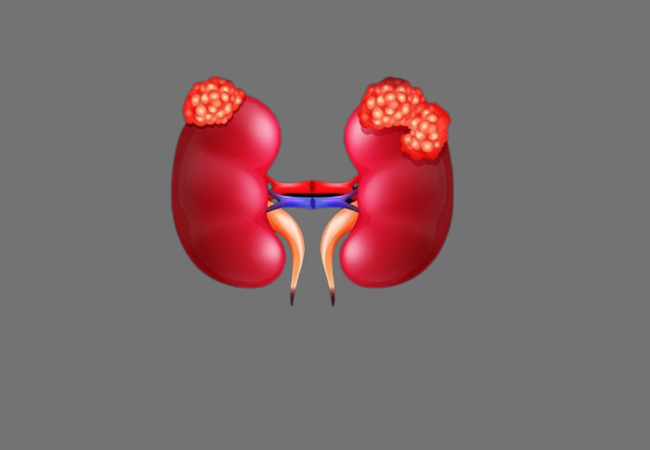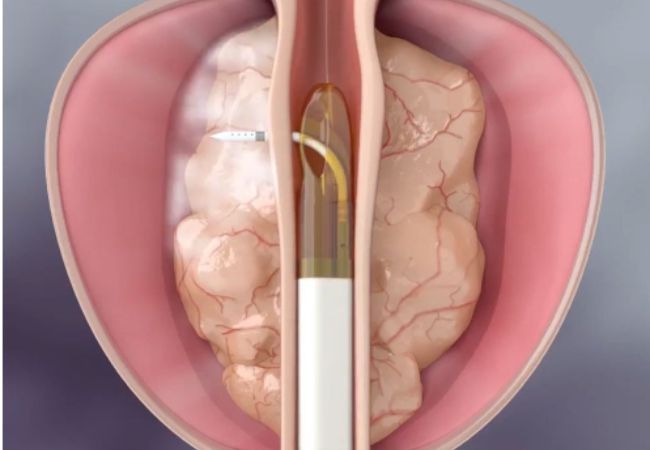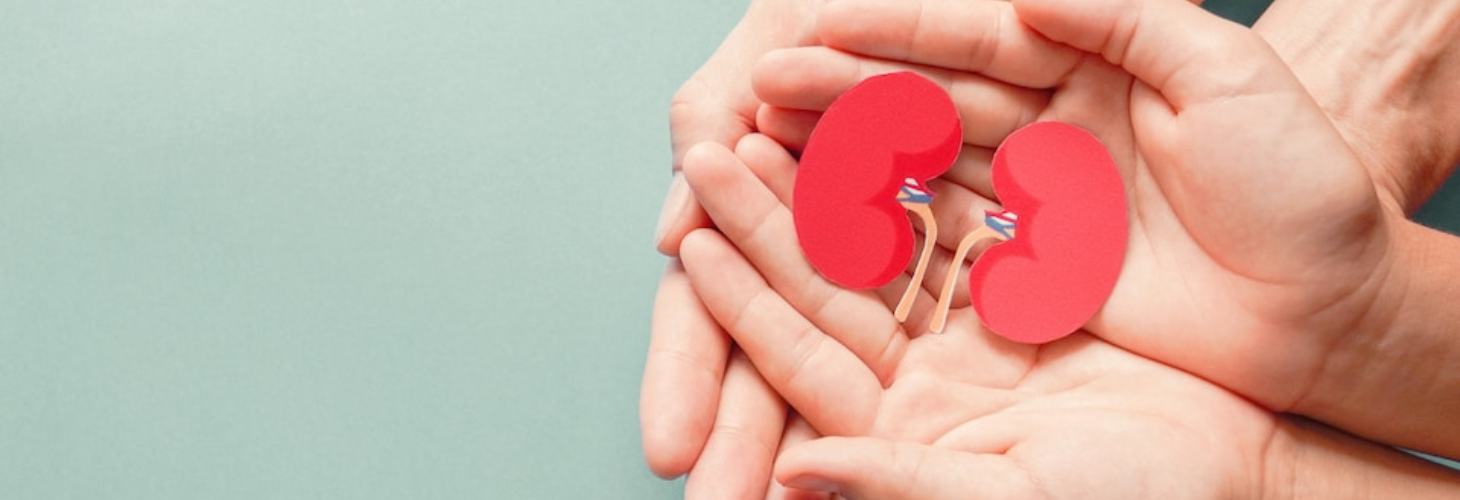September 27, 2023
A Guide to Kidney Stones
A kidney stone is a hard deposit that is formed as a result of chemicals present in urine. A kidney stone can be classified into four main categories: Calcium Oxalate Stones, Calcium Phosphate Stones, Struvite Stones, Uric Acid Stones, and Cystine Stones.
The presence of excess waste in the urine can result in the formation of crystals. As they accumulate, the crystals form solid structures, which are typically excreted by the kidneys. A lack of fluid, however, may prevent these crystals from being eliminated from the kidney or ureter. It can lead to the blockage of urine flow, which in turn can cause pain. Such a process leads to the development of kidney stones.
Kidney Stone Symptoms
- Lower back pain on either side
- Blood in urine
- Feeling dizzy or vomiting
- Fever
- Urine that is cloudy or odorous
- A large kidney stone causes more pain, so the larger it is, the more painful it will be.
Kidney Stone Causes
- Lack of hydration
- Physical inactivity
- A high intake of protein-rich foods contributes to the formation of stones..
- Inheritance of kidney stones in the family
- Kidney stones may also be caused by certain medications and previous surgeries.
Diagnosis of Kidney Stones
- Urinalysis
- Blood Tests
- CT Scans
- Abdominal X-Rays
- Kidney stones are diagnosed with KUB-X rays for determining the stone’s size, shape, and location.
Treatments
Treatments are generally determined by the size of the stones.
The following treatments are recommended for small kidney stones:
- You can keep your urine diluted by drinking up to 4 liters of water each day
- Taking pain relievers may help you to endure pain until the stone dissolves
- Medicines
A large kidney stone may require more extensive treatment, such as:
- Shock-wave lithotripsy: Sound waves are used to break stones into small pieces that are then excreted through the urine. The procedure is typically conducted under sedation.
- Surgery: The doctor may recommend surgery if the kidney stones are large or painful, obstruct urine flow, cause bleeding or infection, are trapped in the ureter or in the tubes which convey urine from the kidneys to the bladder, or include any combination of these factors. Among the most common kidney stone treatments in India are Retrograde Intrarenal Surgery (RIRS) and Mini Percutaneous Nephrolithotomy (Mini PCNL).
Prevention
- Stay hydrated throughout the day
- Ensure that you consume fewer foods containing oxalate, which may contribute to calcium oxalate stones.
- Reduce your intake of animal protein and follow a low-salt diet.
Conclusion
Our team of experienced professionals at Cochin Urology Hospital offers one of the best Kidney Stone treatment in Kerala to help patients manage their kidney stones effectively. We’re committed to providing you with the best care and solutions to kidney stone problems, ensuring your comfort and well-being.

Advancements in Urology: MiLEP and HoLEP Explained

Kidney Cancer in India: All You Need to Know


Rezum Water Therapy Treatment for Prostate Inflammation
Stories
Glimpses of what’s happening in Cochin Urology premises!



